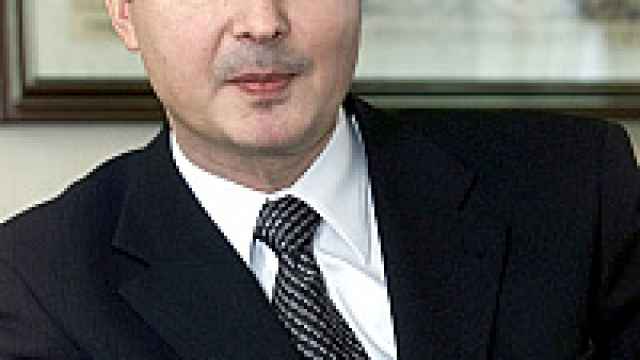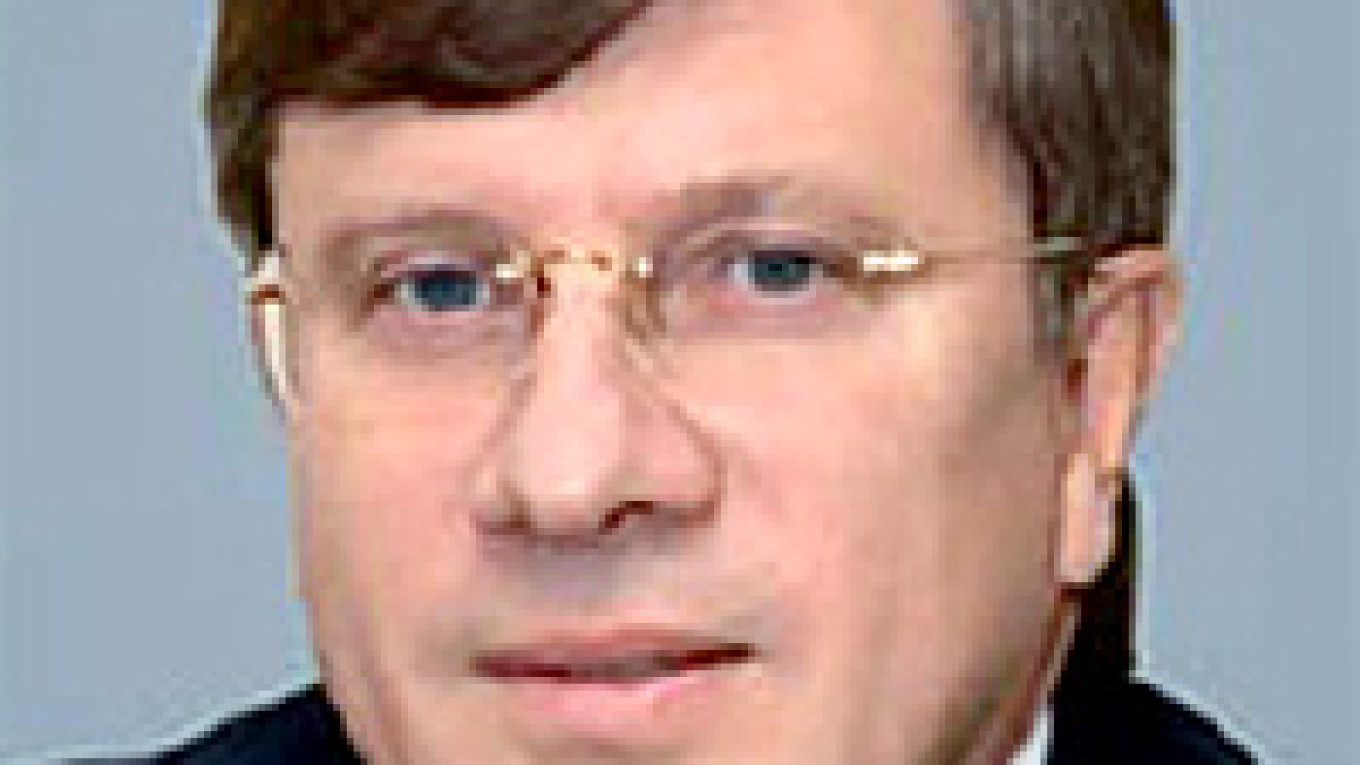The shuffle caps a weeks-long power struggle at Russia's flagship airline amid growing dissatisfaction over Okulov's leadership, including criticism of the carrier's failed bid for Alitalia in 2007 and a decision not to pay a dividend for last year.
Minority shareholder Alexander Lebedev reversed his earlier opposition to Okulov's removal Thursday, saying many of the board's complaints against Okulov were well-grounded.
"I've suggested many things to Okulov, and I was not listened to," he told The Moscow Times.
Leonid Dushatin, the Aeroflot board member representing Lebedev's National Reserve Corporation, which holds a 30 percent stake in the airline and is its largest minority shareholder, said Tuesday that ousting Okulov would be "madness."
"It's like putting out a fire with kerosene. There is no reason to do this right now," he said.
Lebedev said Thursday that he had heard that Savelyev was a "good manager" and that he would "recommend him."
It was not immediately clear what changes might be made at the airline under Savelyev, 53, first vice president at billionaire Vladimir Yevtushenkov's Sistema holding and a former deputy prime minister. Savelyev made no public comments Thursday.
The removal of Okulov, 57, who spent 12 years transforming the state-controlled carrier from a Soviet-era behemoth to an airline that could hold its own against global rivals, drew criticism from Aeroflot executives alarmed at the consequences of removing a popular chief executive in difficult economic times.
"Nobody can be the boss forever, but the way [Okulov] is being treated is not right," said a senior Aeroflot executive who asked for anonymity in order to speak candidly. "He was a popular chief executive, the company has grown under him and to unceremoniously get rid of him like that looks bad to the ranks and to the rest of the world."
Aviation analysts said it was too early to say whether the shuffle would have a negative impact on Aeroflot.
"You have to remember that the airline's strategy is decided by the board of directors. The CEO is only responsible for carrying it out," said Oleg Panteleyev, a researcher at Aviaport, an aviation consultancy. "If he is an effective manager, it could be even be a plus for the company."

MT
Okulov
| |
She said Okulov's removal could be the result of disagreements with the Transportation Ministry about Aeroflot's direction, namely, whether to place a greater emphasis on the development of domestic or international service.
Interfax reported late Thursday that Okulov had accepted the post of deputy transportation minister, a relatively low-profile post for a decorated pilot who headed a blue-chip company and has 34 years of experience in civil aviation.
Earlier this month, Transportation Minister Igor Levitin offered Okulov a job as one of his six deputies.
Okulov, however, said last week that he was dedicated to Aeroflot and that it was too early to discuss his departure. "[Aeroflot] is not just a transitional phase in my life. It is my life," he told Vedomosti.
The management change comes at a turbulent time for Russia's airline industry, which has been battered by a drop in passenger traffic and falling share prices in the financial crisis.
Last year, the Moscow city government and Russian Technologies said they would create an airline out of 10 smaller regional airlines that would eventually serve as an alternative to Aeroflot.
The new airline is being overseen by Sergei Chemezov, who as head of Russian Technologies has sweeping powers over Russia's industrial complex, including weapons, heavy machinery and now aviation.
Okulov, however, criticized the creation of the new carrier, calling it a "pyramid scheme."
Okulov is the son-in-law of late President Boris Yeltsin.
A Message from The Moscow Times:
Dear readers,
We are facing unprecedented challenges. Russia's Prosecutor General's Office has designated The Moscow Times as an "undesirable" organization, criminalizing our work and putting our staff at risk of prosecution. This follows our earlier unjust labeling as a "foreign agent."
These actions are direct attempts to silence independent journalism in Russia. The authorities claim our work "discredits the decisions of the Russian leadership." We see things differently: we strive to provide accurate, unbiased reporting on Russia.
We, the journalists of The Moscow Times, refuse to be silenced. But to continue our work, we need your help.
Your support, no matter how small, makes a world of difference. If you can, please support us monthly starting from just $2. It's quick to set up, and every contribution makes a significant impact.
By supporting The Moscow Times, you're defending open, independent journalism in the face of repression. Thank you for standing with us.
Remind me later.


